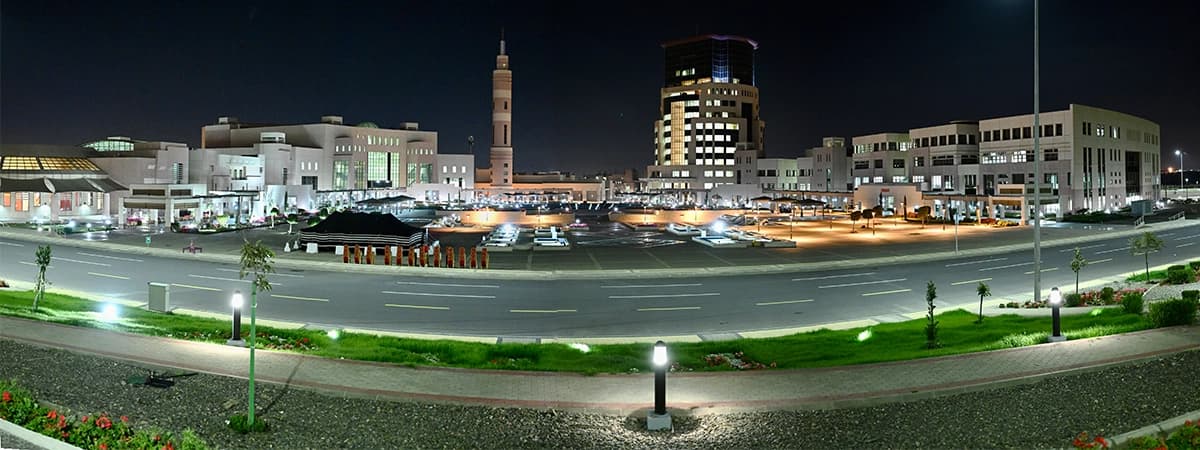King Khalid University
News & Events

University continues its preparations for organizing "The 1st Saudi Conference on the environment."
King Khalid University, Media Center
King Khalid University (KKU), represented by Prince Sultan bin Abdul Aziz Center for Research and Environmental Studies, continues its final preparations for the first Saudi Conference on Environment. The Conference, which is planned to be held from 27 to 29 Jumada Al-Oula, 1437 AH, comes under the slogan of "the sustainable management of natural resources". 213 persons who are specialized in environmental issues, from within and from outside the Kingdom, are going to participate in the Conference.
The Supervisor of the Center, Dr. Hussein Wadi'i, explained that invitations were passed to professionals to attend and submit their entries within the themes that have been identified earlier, namely, natural resources, global warming, climate change, biodiversity, environmental pollution and ways of their treatment, and prevention of environmental risks. Dr. Wadi'i clarified that the number of participants at the conference would be 213 in number; 144 participants are from within the Kingdom while 69 participants are from outside the Kingdom, and are coming from the following countries: Britain, Morocco, India, Tunisia, Jordan, Algeria, Egypt, Mauritania, Pakistan, Sudan, and Malaysia. The Conference will host official guests. They are Dr. Paton Gritizen Citizen from Britain, Dr. Saumitra Mukherjee from India, Dr. Mohamed Abdel Fattah Al-Kadi, and Dr. Kamal Hussain Shaltout, both from Egypt, and Dr. Siddiq Ahmed Mustafa from Sudan.
It is noteworthy that the conference gains its reputation through the big problems caused by the rapid increase and over exploitation of natural resources and associated human activities, which are key causes of global contemporary environmental problems. Among these problems are climate change, diminishing biodiversity, increasing desertification rate, pollution of water, air and soil. Furthermore, industrial progress and overpopulation have led to a lot of pressure on natural resources, and the inability to innovate and keep up with the pace of exploitation, as well as the imbalance between the elements of the environment, all put together, threaten the future of coming generations.
